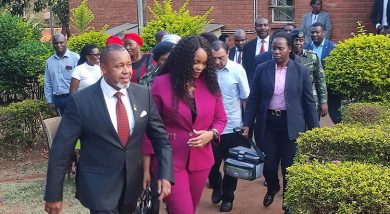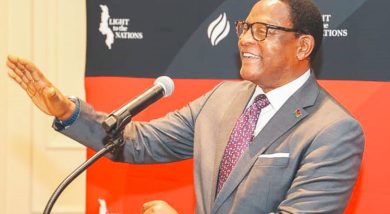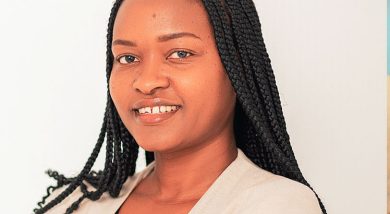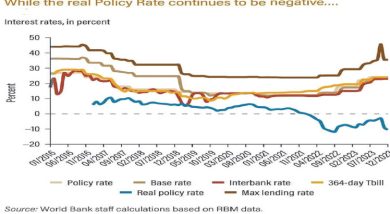Malawi Development Bank plan excites economic players
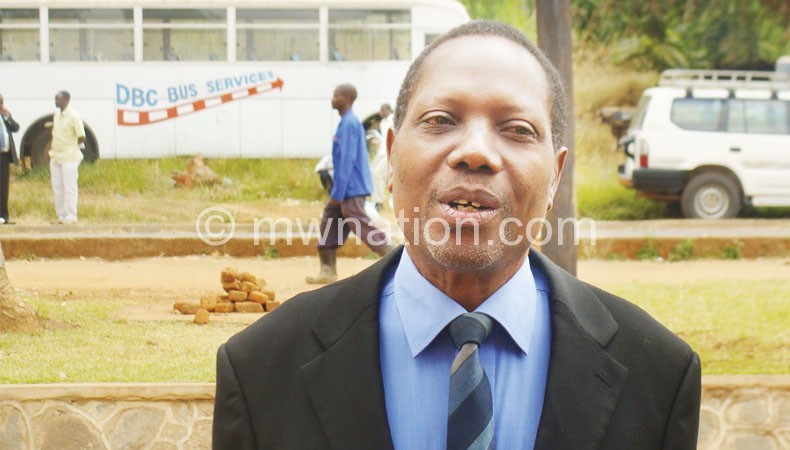
Government’s plans to establish the Malawi Development Bank (MDB) has excited a number of players in the economy who say it will go a long way in providing financing for large-scale investments.
The establishment of the bank has been dragging for some years after the former Democratic Progressive Party (DPP)-led government mooted the idea during its first term, 2004 and 2009, which seemed to have gone down well with economic players but it fizzled out.
Already, the Reserve Bank of Malawi (RBM) concluded a feasibility study on the viability of the proposed bank and results of the study were analysed, and players in the economy were duly consulted.
Economic commentators have said being a major project for the country, it was important to ensure that all technical aspects were fulfilled before its rollout.
And the new DPP government seems to have revived the issue because of its importance to the wider economy, particularly because it will avail long-term credit to sectors currently not being serviced by commercial banks.
Minister of Finance, Economic Planning and Development Goodall Gondwe said the establishment of the bank, in the 2014/15 fiscal year, will start with a government majority shareholding with a sizeable private sector shareholding.
“This structure could be changed so that the majority ownership is reversed and the role of the government in the institution is diminished considerably,” he said in the 2014/15 budget statement.
The need to reduce government’s stake in the bank is on the premise that the running of business should be in the hands of the private to ensure transparency and efficiency.
Economics professor at University of Malawi’s Chancellor College Ben Kaluwa told Business News this week the establishment of a development bank is long overdue.
He also talked about it during pre-budget consultations Gondwe held in Blantyre in July with the private sector and the academia, among others.
“It is important for a country to have a development bank because it will address the supply side of the economy which is very crucial to ensure that exports grow. We need a lot of invention on the supply side,” he said, stressing that this is something they have been pushing for a number of years.
Kaluwa said economic players have times without number complained of higher interest rates in commercial banks, making it difficult for individuals and corporates to borrow for investment purposes.
He said the bank will help to address issues of the industry and the demand side of the economy.
The Economic Empowerment Action Group (Eeag) has also weighed in on the importance of the bank, arguing it is a timely intervention in a market in which lending rates are way above the reach of businesses.
“Most of the businesses are failing to grow because of high interest rates commercial banks are charging. With the entry into the market of a development bank, we see light at the end of the tunnel in terms of capital investment,” said Eeag executive director Temson Chinjala.
If Malawi establishes a development bank, it will join a number of countries in the region such as Zimbabwe, Zambia and South Africa that have development banks.
The feasibility study to establish the bank was funded by the World Bank under the Financial Sector Technical Assistance Project (Fstap) amounting to $130 000 while the Development Bank of South Africa (DBSA) provided technical assistance.
Earlier, the RBM said the MDB requires an initial capital of $25 million (K10.3 billion, at the current exchange rate) but can start operations with $6.75 million (K2.7 billion).


